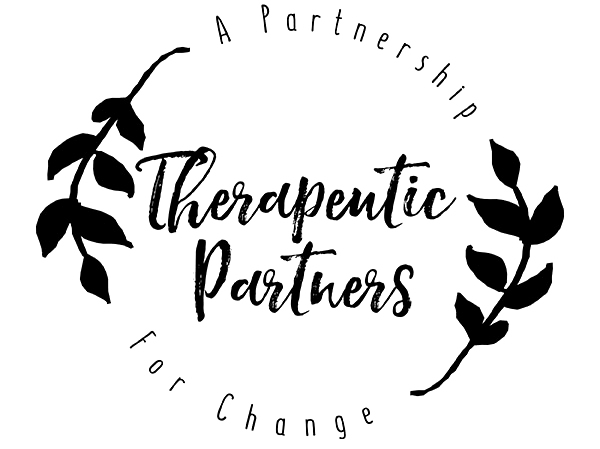Counseling Services
IN RALEIGH, MORRISVILLE, CARY, APEX, AND HOLLY SPRINGS.
- Individuals
- Couples & Family
- Child & Adolescents
- Play Therapy

Individual Counseling
When you work with our welcoming and engaging therapists, you can discover new ways to learn how to be happier with yourself and your life. Learn how to accept the past, learn more effective ways to communicate your needs, develop realistic expectations for yourself, and develop strategies for coping with life transitions.

Couples & Family Counseling
Our experienced therapists offer help for couples and families interested in improving communication skills, learning how to give back to each other, developing a “parenting team” to deal with family issues, and creating a healthy balance between the demands of family and couple time.

Child & Adolescent Therapy
The teenage years can be filled with times that are both calm and tumultuous. Parents and teens may experience frustration and confusion as they progress through the unique challenges that this stage of life brings. The counselors at Therapeutic Partners strive to create an atmosphere in which your teen can freely express whatever emotions he or she may be feeling. For teens counseling can be a valuable resource to help address normal transitional issues, overwhelming emotions, behavioral struggles, academic concerns, loss, substance abuse, body image and family crises.

Play Therapy
Play Therapy is an approach to therapy that uses the natural way children communicate and learn (Carmichael, 2006; Landreth, 2002; O’Connor & Schaefer, 1983). Therapists use play therapy to help children express what is troubling them when they do not have the verbal language to express their thoughts and feelings (Gil, 1991).
In play therapy, toys are like the child’s words and play is the child’s language (Landreth, 2002). Through play, therapists can help children heal from trauma, express thoughts and feelings, improve social skills, change behaviors, and better handle anxiety or stress (Pedro-Carroll & Reddy, 2005; O’Connor & Schaefer, 1983; Reddy, Files-Hall & Schaefer, 2005). There are several different models of play therapy, which are categorized by being directive, non-directive, or a combination of both.
We offer support & treatment for the following issues:
- Anxiety and Panic Disorders
- ADD/ADHD
- Autism
- Career and Job issues
- Childhood and Adolescent Behavioral Issues including Oppositional Defiant Disorder
- Chronic Pain
- Couples Counseling
- Developmental/Learning Disabilities
- Obsessive Compulsive Disorder
- Parenting Concerns
- Physical, Sexual and Emotional Abuse
- School Problems
- Sexual Orientation and Gender Identity
- Stress and Anger Management
- Trauma and Post-Traumatic Stress Disorder
- Depression and Other Mood Disorders
- Divorce and Separation
- Eating Disorders
- Grief and Loss including pregnancy loss and infertility issues
- Life Transitions
- Low Self-Esteem
- Marital and Family Relationships
Schedule an Appointment
Visit with us in comfort at our Raleigh or Holly Springs location.
Please call 919-233-7360 to schedule your appointment or use the online form.
In case of emergency, please call 911 or National Suicide & Crisis Line 988
References used in Child Therapy Section:
Carmichael, K. D. (2006). Play therapy: An introduction. Glenview, IL: Prentice Hall.
Gil, E. (1991). The Healing Power of Play. New York: Guilford Press.
Landreth, G. L. (2002). Play therapy: The art of the relationship. New York, NY: BrunnerRuttledge.
Lieberman, F. (1979). Social Work with Children. New York: Human Sciences Press.
O’Connor K. J., Schaefer C. E. (1983). Handbook of play therapy. New York, NY: John Wiley & Sons, Inc.
Pedro-Carroll, J., Reddy, L. (2005). A preventive play intervention to foster children’s resilience in the aftermath of divorce. In L. Reddy, T. Files-Hall, & C. Schaefer (Eds.), Empirically based play interventions for children. (pp.51-75). Washington, DC: American Psychological Association.
Reddy, L., Files-Hall, T., Schaefer, C. E. (Eds.), Empirically based play interventions for Children. Washington, DC: American Psychological Association.



